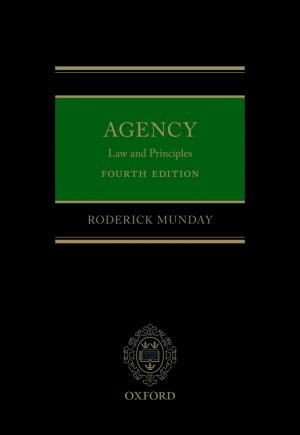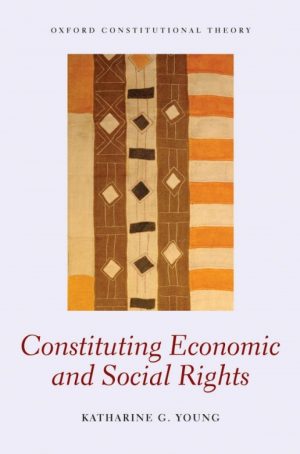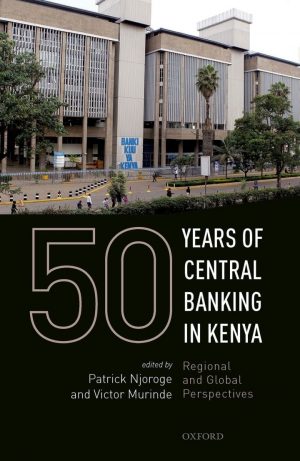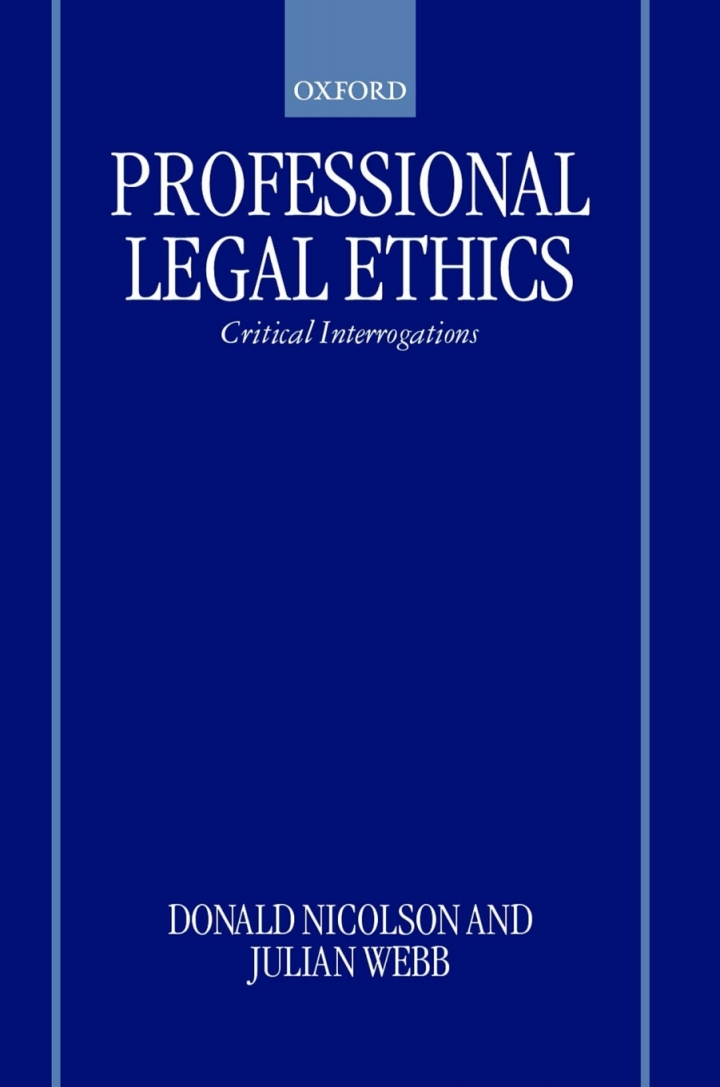Professional Legal Ethics Critical Interrogations
$81.25
Attention: This is just ebook, Access Codes or any other Supplements excluded! / File Delivery: Sent Via Email within 24 hours!
SKU: 01bc5d694adf
Category: Law Textbooks
Description
-
Author(s)Donald Nicolson; Julian Webb
-
PublisherOUP Oxford
-
FormatPDF
-
Print ISBN
9780198764717, 0198764715 -
eText ISBN
9780198764717, 0198764715 -
Edition
-
Copyright
- Details
Ethics and regulation have become catchwords of the late 1990s, yet relatively little has been written about the ethical discourse and regulation of the legal professions in England and Wales. This book represents the first attempt to subject the ethical discourse of the English legal professions to in-depth analysis and sustained critique. Drawing on insights from moral philosophy, social theory, the sociology of the legal profession, public law theories of regulation, and the extensive American literature on lawyers’ ethics, it argues that, in seeking to provide definitive answers to particular problems of professional conduct, professional legal ethics has failed to deliver an approach which requires lawyers actively to engage with the ethical issues raised by legal practice. Through an analysis of the core issues facing lawyers, the authors locate this failure in the profession’s reliance on a liberal and adversarial role morality that conceptualises the ethical values of human dignity, autonomy and equality in a formalistic and narrowly legalistic manner. This encourages lawyers to overlook the real invasions of these values so often wrought by upholding clients legal rights, and to ignore the competing claims of affected third parties, the wider community and the environment In seeking to move beyond critique, the authors develop throughout the book a contextual approach to individual ethical decision-making and outline a range of institutional, regulatory and educational reforms which, they suggest, could form the basis for a more ethical brand of professionalism. Professional Legal Ethics: Critical Interrogations is a wide-ranging and thought-provoking analysis written for lawyers, ethicists and policy-makers interested in this neglected area of professional ethics and regulation.
Related products
-

Agency 4th Edition Law and Principles
Rated 0 out of 5$53.62 Add to cart -

Business and Investment in Brazil Law and Practice
Rated 0 out of 5$66.62 Add to cart -

Constituting Economic and Social Rights
Rated 0 out of 5$17.88 Add to cart -

50 Years of Central Banking in Kenya
Rated 0 out of 5$40.62 Add to cart

